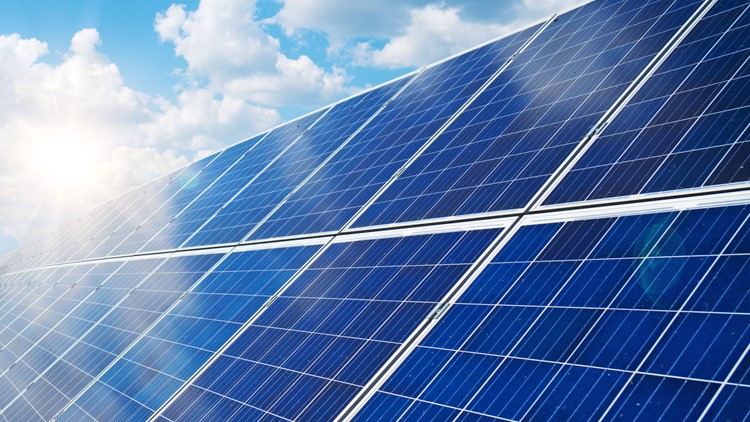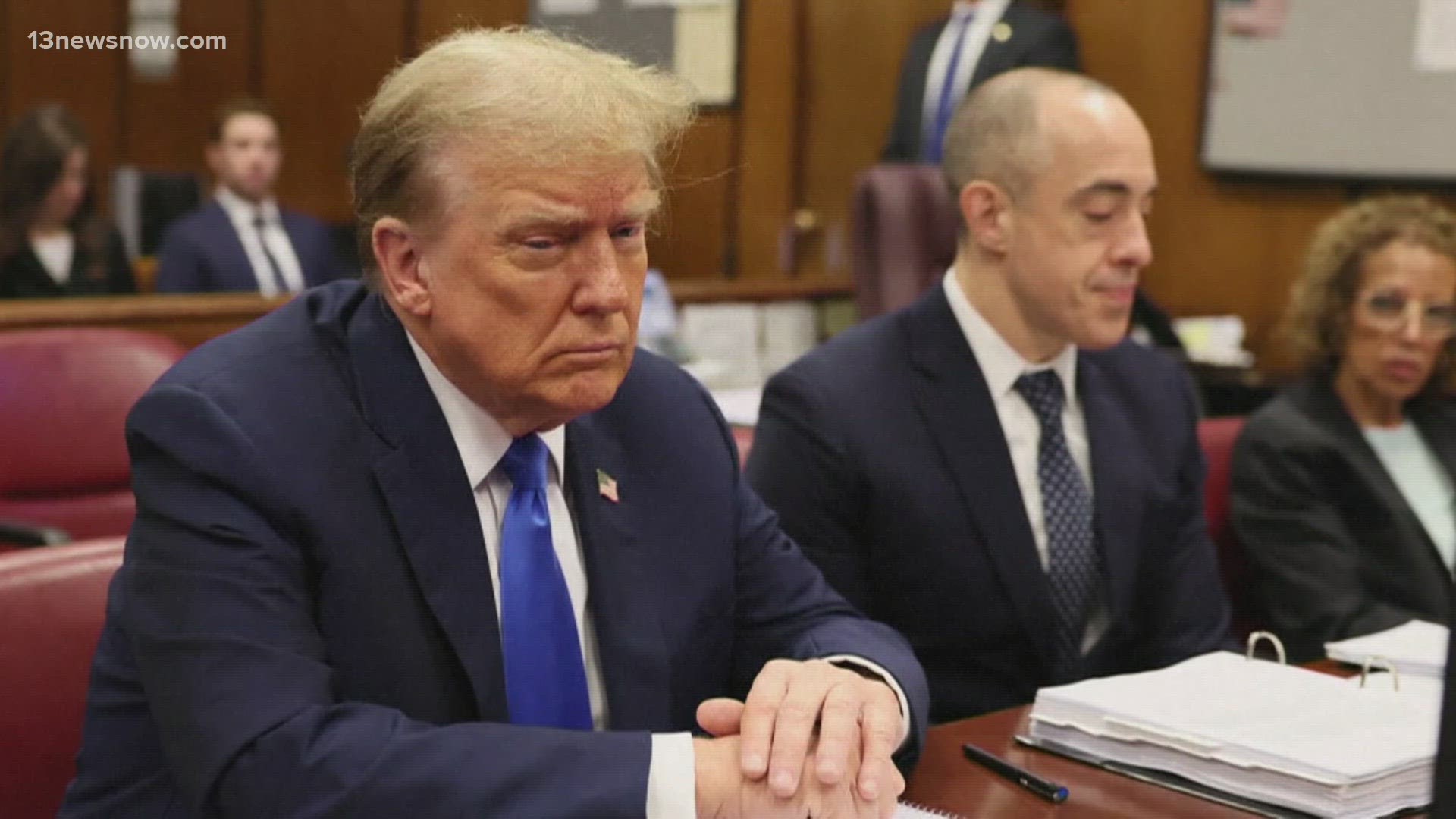NORFOLK, Va. — Virginia is poised to benefit from the recently-enacted Inflation Reduction Act, which will provide substantial federal investments in the fight against climate change.
Under the law, funding will go toward technology like solar panels, consumer efforts to improve home energy efficiency, emission-reducing equipment for power plants, and air pollution controls for farms, ports, and low-income communities, the Associated Press reports.
The legislation passed the Democratic-controlled Congress and was signed by President Joe Biden earlier in August.
Since the legislation passed, Biden and his fellow Democrats have touted its benefits, with the White House describing it as "the most significant action in U.S. history to tackle the climate crisis and strengthen U.S. energy security."
Here's a look at how the new law could help people in Virginia, according to a fact sheet provided by the White House:
Tax benefits, grants to help people reduce energy costs
The Inflation Reduction Act will make it more affordable for Virginians to buy energy-efficient appliances, make home repairs and save money on utility bills each month, according to the White House.
One of the rebates would cover 50% to 100% of the cost of installing new electric appliances including efficient heat pumps, water heaters, dryers, stoves, and ovens.
Another rebate would help people make repairs and improvements in single-family and multi-family homes to increase energy efficiency.
One of the tax credits will cover 30% of the costs to install solar panels and battery storage systems, make home improvements that reduce energy leakage, or upgrade heating and cooling equipment.
Another tax credit will cover 30% of the costs of community solar projects (owned by local businesses that sign up families to save on their electric bills) with additional bonus credits of 20% for projects for affordable housing and 10% for projects in low-income communities.
The law also has grants to help state and local governments adopt the latest building energy codes, which could save average new homeowners in Virginia 17.9% on their utility bills, according to the White House.
Investments in clean power industry, manufacturing
The White House said the Inflation Reduction Act could expand opportunities for clean energy jobs in Virginia with an estimated $11.6 billion investment in large clean power generation and storage between now and 2030.
The law has some tax credits aimed at creating jobs across solar, wind, storage, and other clean energy industries. These credits include bonuses for businesses that pay a prevailing wage.
The Advanced Industrial Facilities Deployment Program is also included, which will help manufacturers implement technology to reduce greenhouse gas emissions. This is particularly aimed at manufacturing clean steel, aluminum, cement, and more.
Tax credits for small businesses
Under the law, commercial building owners in Virginia can get a tax credit of up to $5 per square foot to support energy efficiency improvements that deliver lower utility bills.
Small businesses could also get tax credits covering 30% of the costs of installing low-cost solar power and of buying clean trucks and vans for commercial fleets.
Incentives for people who buy electric vehicles
The Inflation Reduction Act aims to make it easier and cheaper to buy an electric vehicle. The upfront discounts could go up to $7,500 for new electric vehicles and $4,000 for used electric vehicles.
The White House also pointed out that Virginia submitted a plan for building a network of electric vehicle charging stations along highways.
Investments in electric cooperatives
The law will help electric cooperatives, which serve about 670,000 homes, businesses, and others in Virginia, using direct-pay clean energy tax credits, as well as rural electric cooperatives with clean energy and energy efficiency upgrades.
Funding for extreme weather resiliency projects
The law will help upgrade affordable housing, including projects that boost resilience in the face of extreme weather events.
According to the White House, tens of thousands of Virginians live in affordable housing units eligible for upgrades, including flood-proofing and storm resistance, as well as clean energy and electrification.
The Neighborhood Access and Equity Grant Program includes support for transportation projects and planning to protect against flooding, extreme heat, and other weather events.
The law also invests in programs to help forests, including wildfire prevention and tree planting projects to protect people from extreme heat.



